It looks like the car industry is pumping the brakes on full electric vehicle commitment, now veering towards hybrids.
This is a major pivot from Ford’s initial plans and signals a cooling in the Biden-Harris administration’s push for an electric America. The decision to swap an all-electric SUV blueprint for hybrid models speaks volumes about the shifting gears in automotive strategy.
Ford Revises Its Electric Roadmap
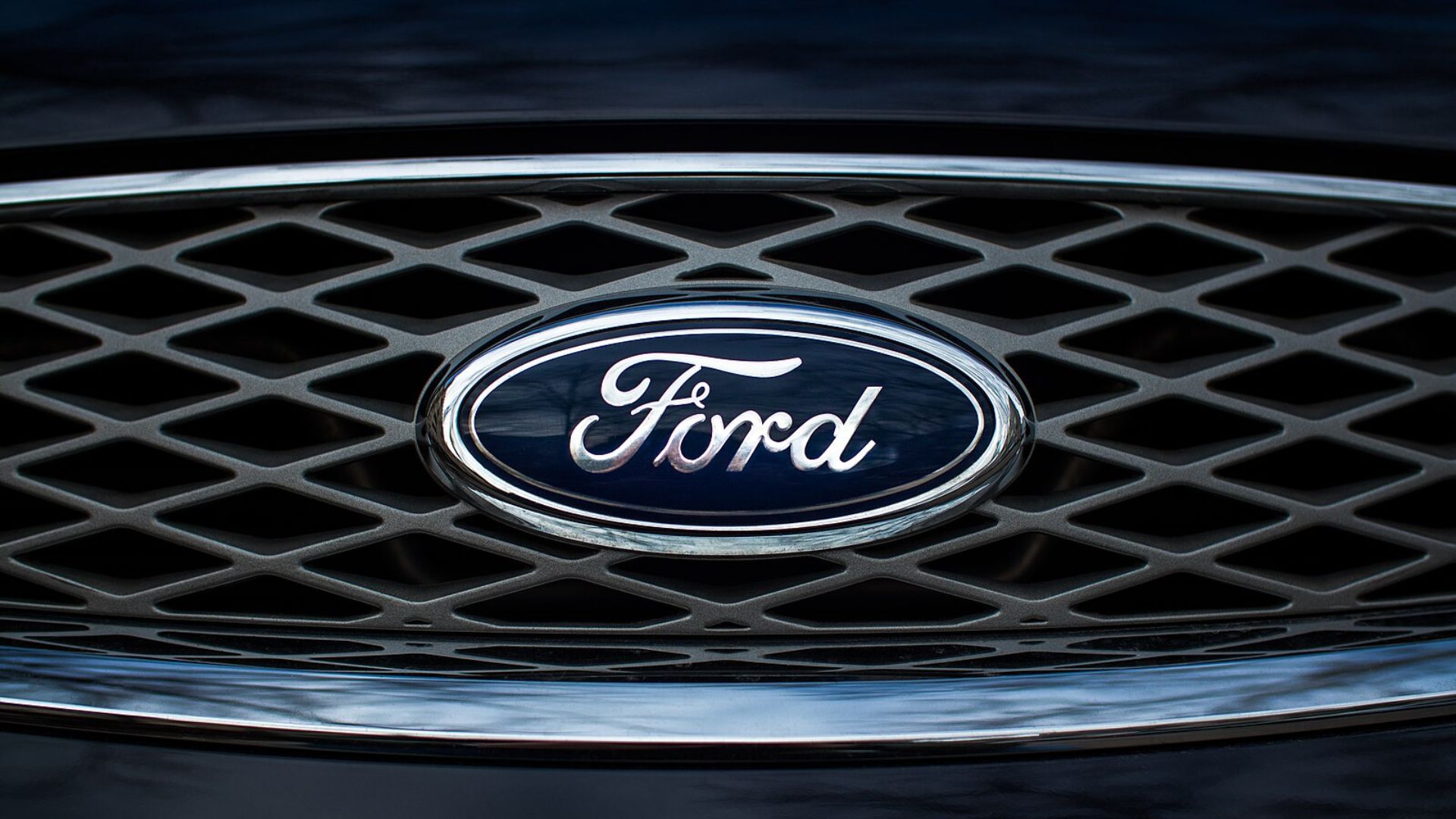
Just last week, Ford took a new turn with its vehicle production plans, stepping back from its all-electric SUV ambitions.
The giant is now placing its bets on hybrids, underscoring the real-world challenges of a total EV transition. It’s a telling move that has the industry watchers talking.
Chasing Profits in a Changing Market
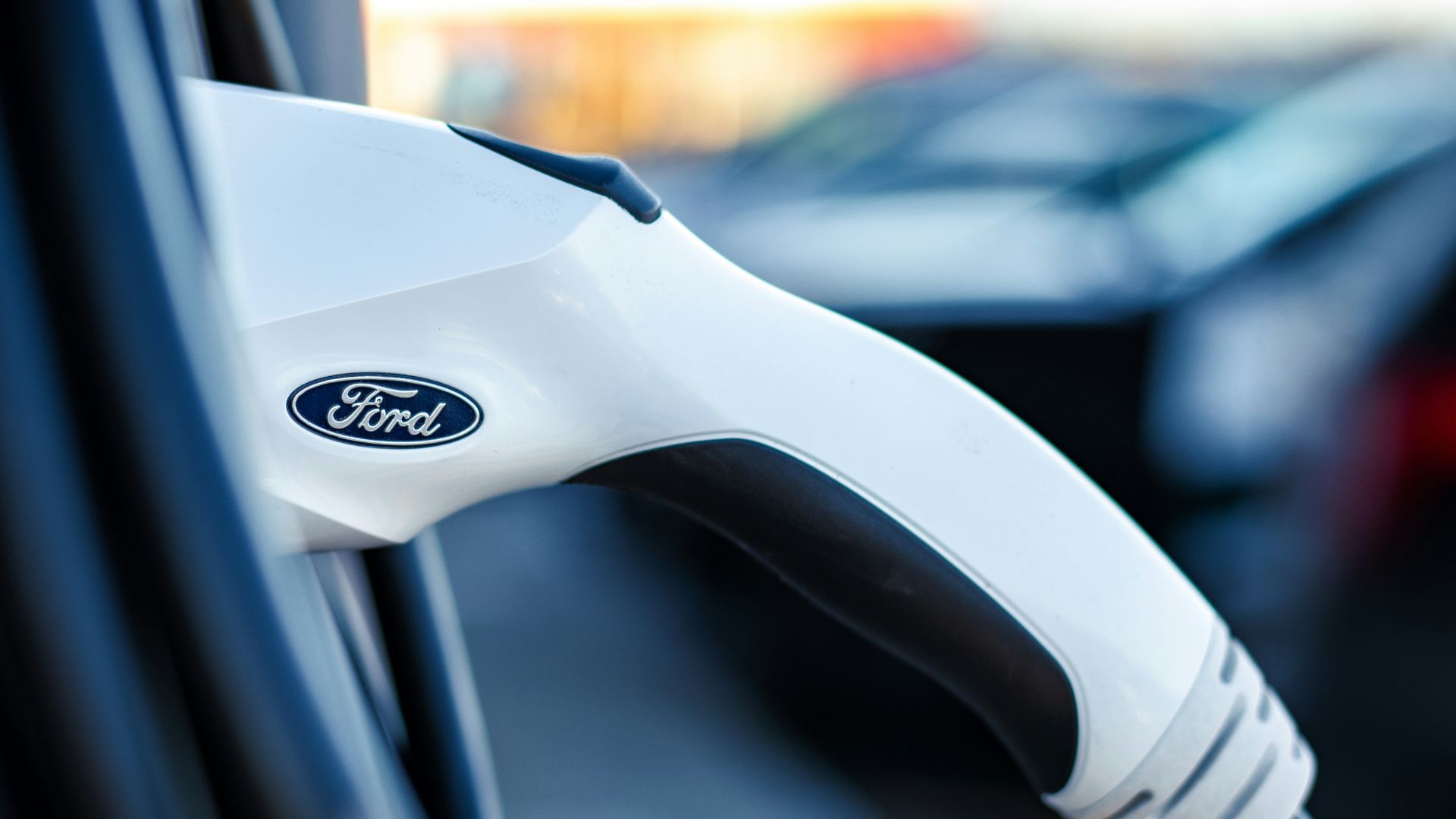
Ford’s John Lawler broke it down simply: profitability is key. During a recent call with journalists, the CFO explained, “Our focus here is to remake Ford into a higher-growth, higher-margin, more capital-efficient and durable business.”
Adapting to market demands and ensuring profitability are clearly driving Ford’s strategic shifts.
A Setback for Electric Vehicle Ambitions
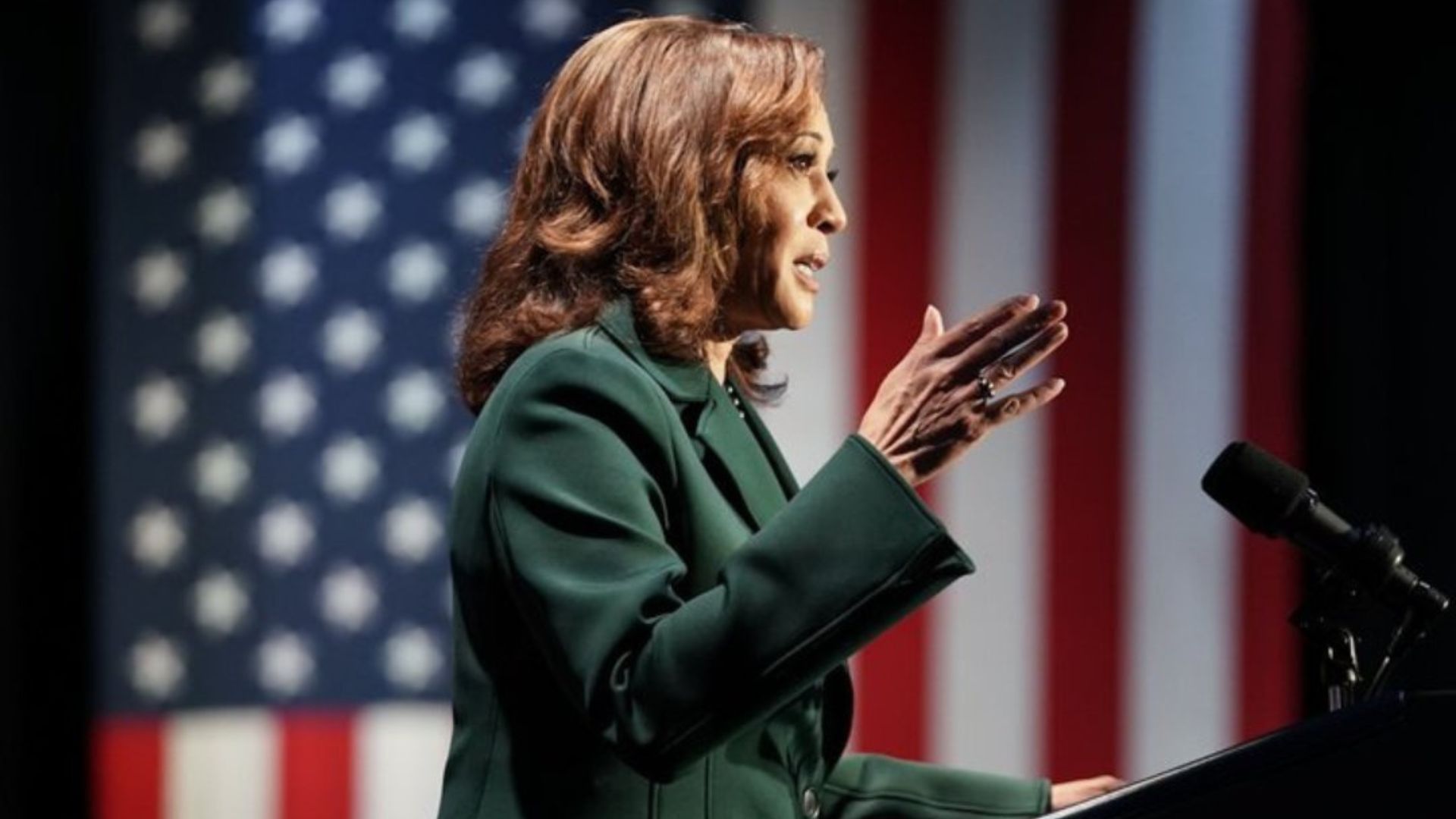
Ford’s strategy tweak is more than just corporate maneuvering—it’s a blow to the government’s clean vehicle dreams, heavily backed by VP Harris.
This turn of events raises big questions about the future and effectiveness of federal electric vehicle initiatives.
A Political Charge Against EV Policies
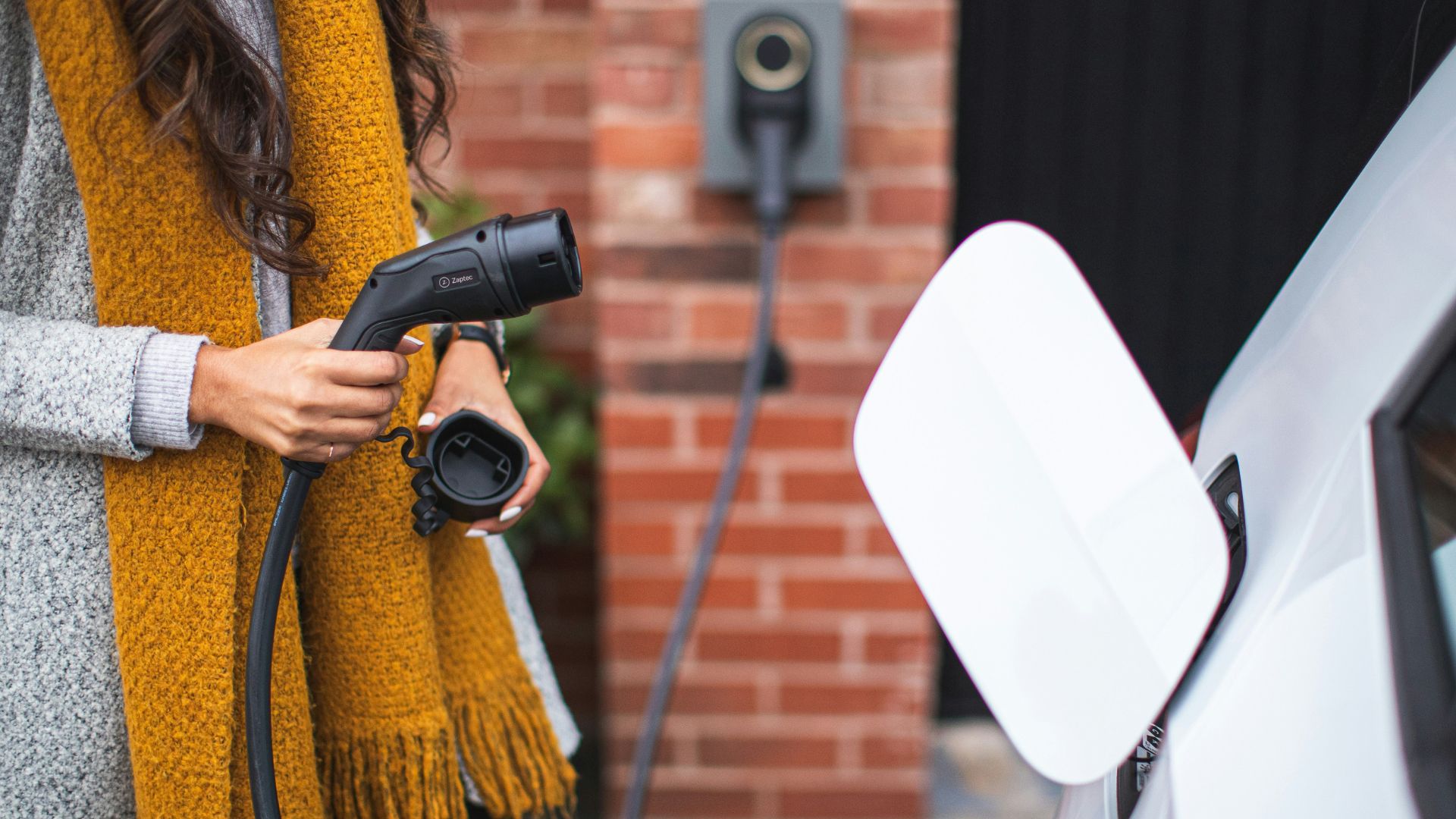
Tom Barrett didn’t mince words when he spoke to Fox News Digital, declaring the aggressive federal push towards electric vehicles both “unwanted and unworkable.”
The Republican congressional hopeful’s sharp critique reflects broader concerns about the impact of these policies on American industries and jobs.
Harsh Criticism

Barrett, a Republican Michigan congressional candidate, slammed the push for electric vehicles as undermining American jobs.
Barrett said: “The mandates forced on Americans under Biden-Harris will dismantle what remains of Michigan’s industrial base, destroy American jobs, and make us more dependent on Communist China.”
Harris Steers the Electric Charge
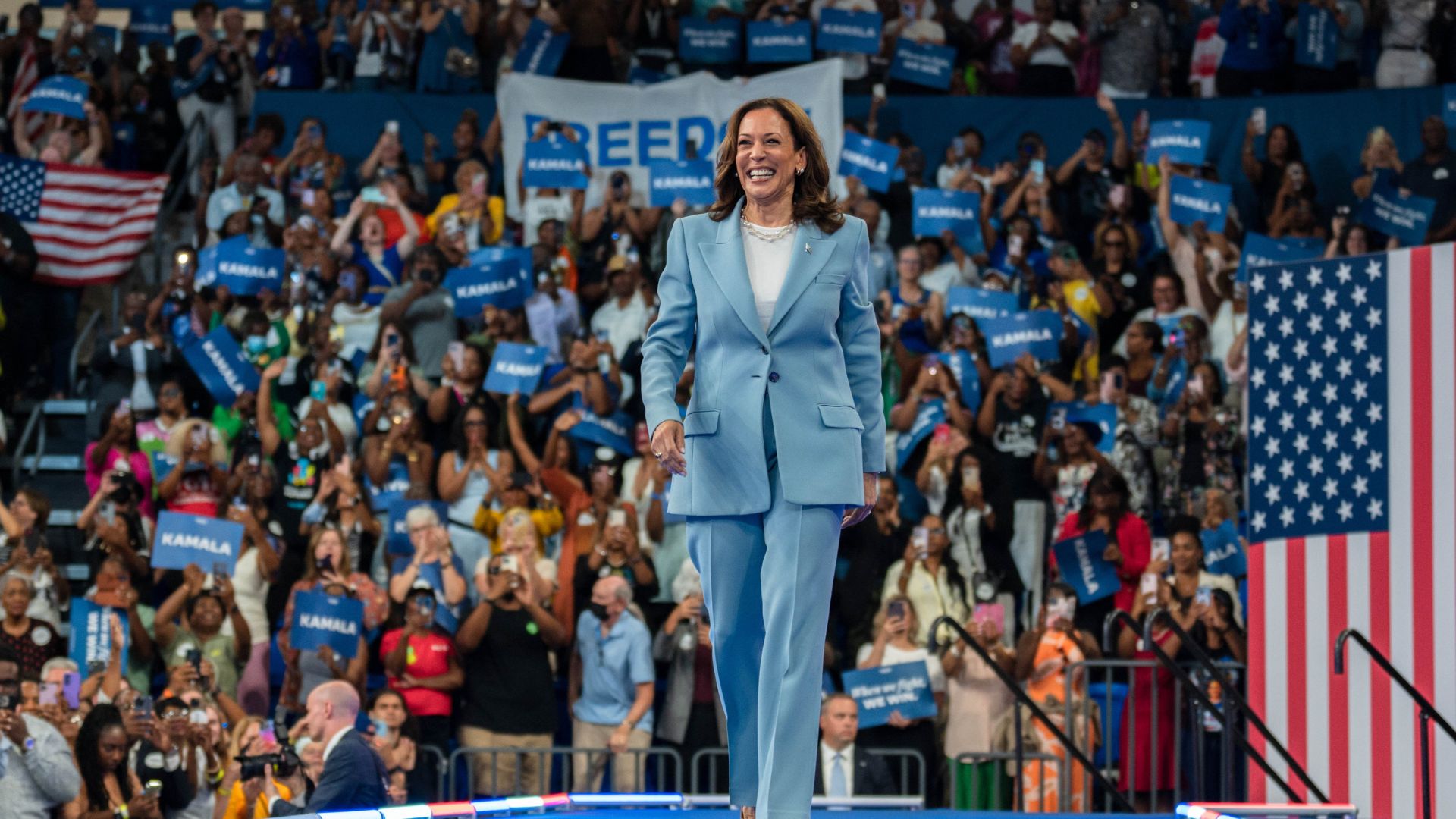
Vice President Harris has been front and center in advocating for the shift away from gas-powered vehicles, championing electric technology throughout her vice presidency.
Her dedication is a key component of the administration’s broader environmental agenda.
An EV Flip-Flop
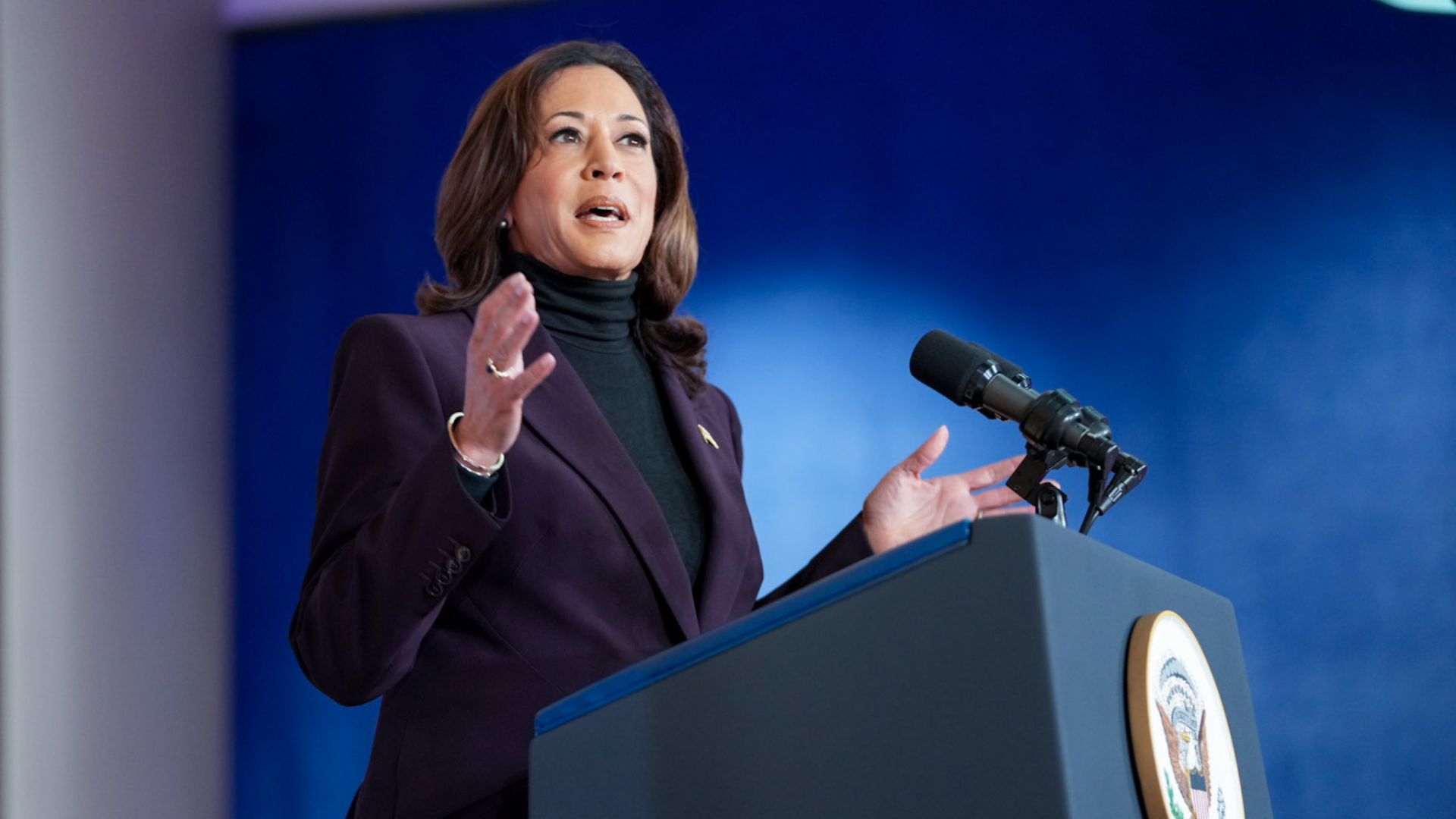
In her latest flip-flop, Harris has officially expressed opposition to electric vehicle mandates.
After championing outlawing gas-powered cars during her days in the Senate, Harris’ campaign response director, Ammar Moussa, wrote: “FACT: Vice President Harris does not support an electric vehicle mandate.”
Crackdowns on Gas
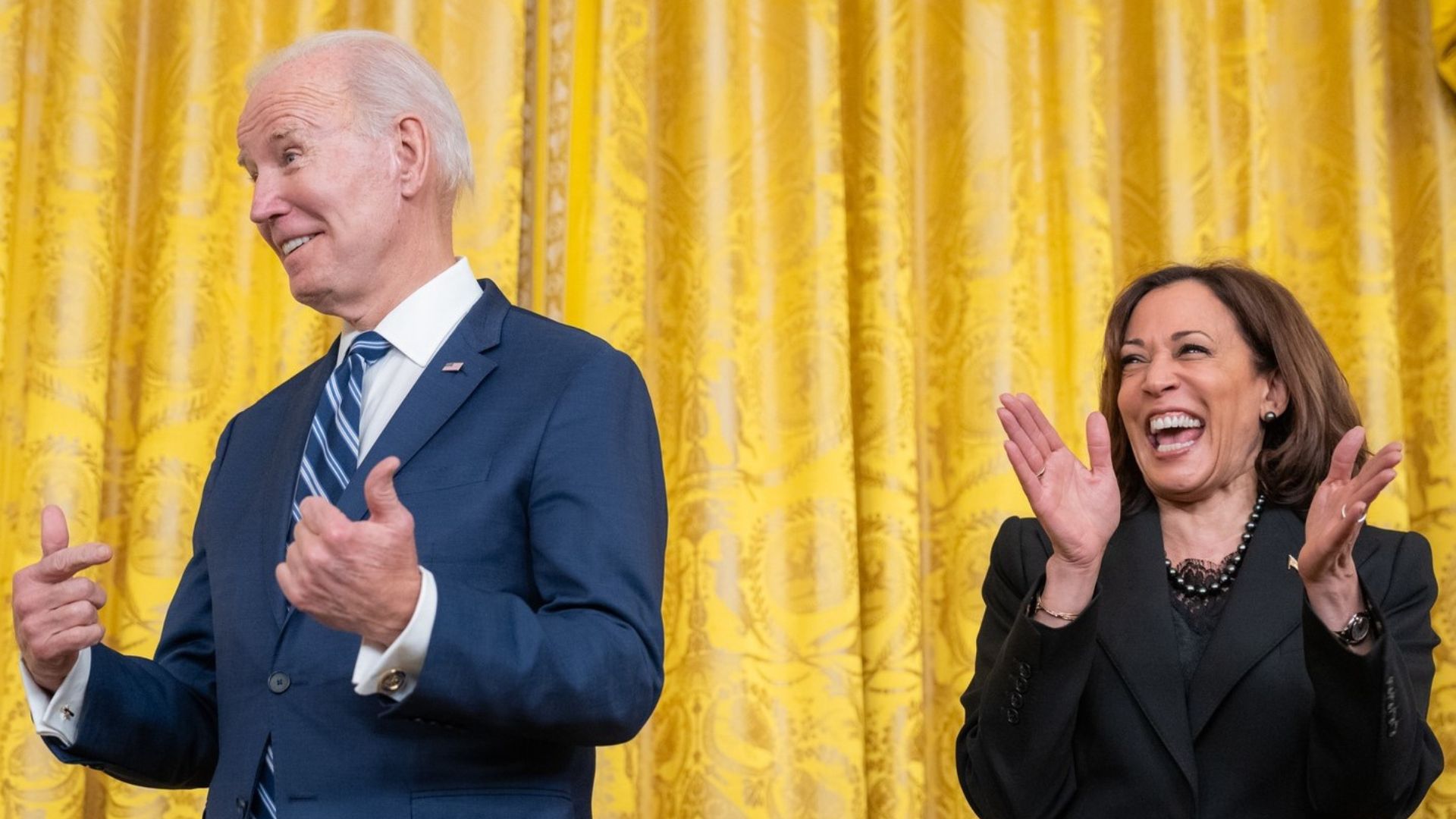
Despite claiming to oppose electric car mandates, Harris has continued to crack down on gas-powered vehicles in her role as Vice President.
In March, the Harris-Biden administration finalized a crackdown on gas cars. New EPA regulations will see that more than two-thirds of passenger cars and light trucks sold by 2032 to be electric or hybrid vehicles.
Electrifying America’s School Buses

Vice President Harris is all-in on the Clean School Bus program, aiming to transform how America’s schoolchildren ride to class.
Earlier this year, she explained the program’s benefits: “Every school day, 25 million children ride our nation’s largest form of mass transit: the school bus,” highlighting the dual health and educational gains of cleaner rides.
Harris Hits the Road

On a visit to a Seattle school last year, Harris gushed about her love for yellow school buses, drawing both applause and light-hearted jabs on social media.
Her engagement reflects a broader strategy to promote the government’s educational and environmental plans, showing a personal touch in her public appearances.
The Long Road to EV Infrastructure
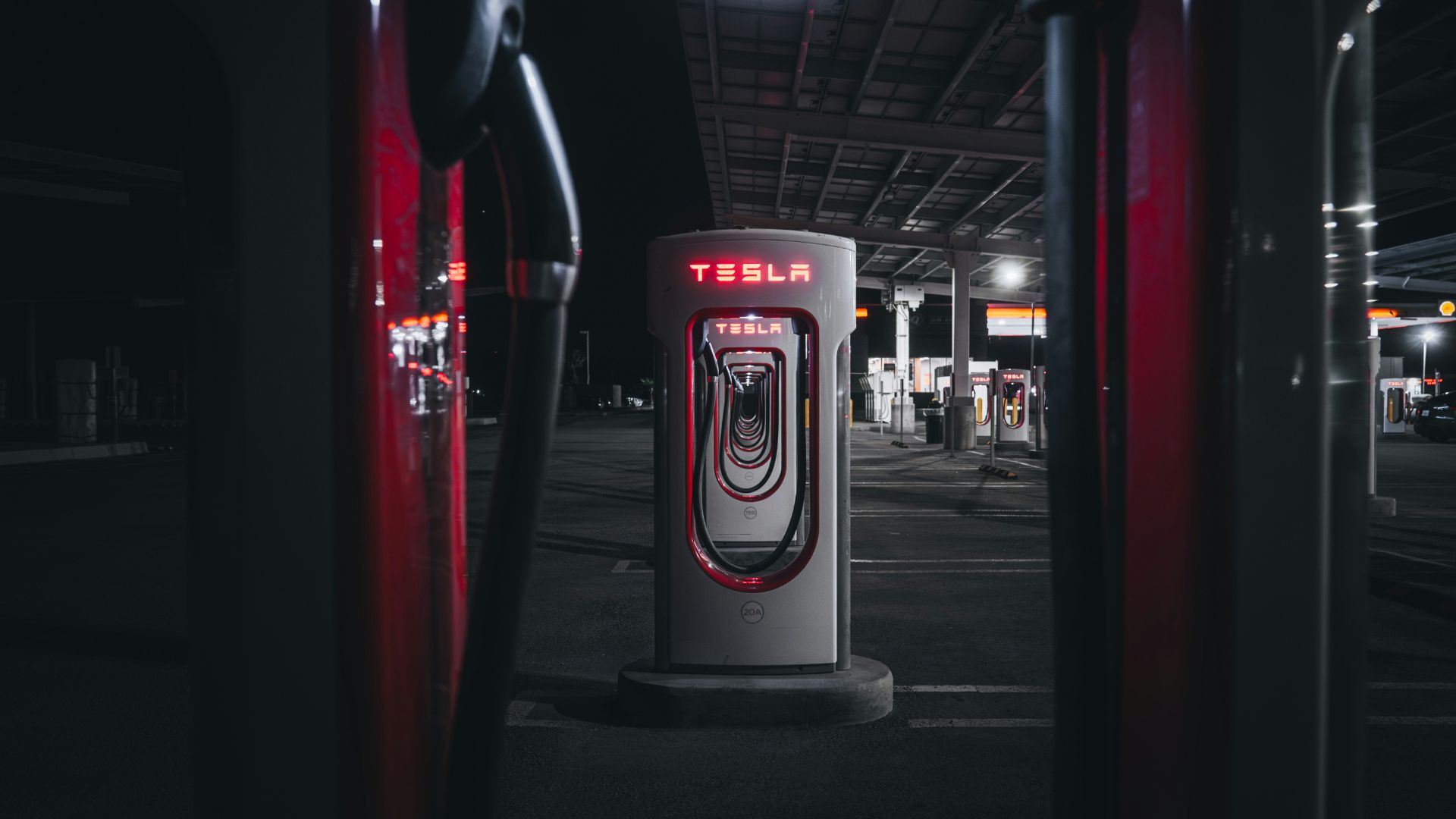
Setting up a nationwide EV charging network is proving to be a tough slog.
Transportation Secretary Pete Buttigieg shared on CBS’ “Face the Nation” the complexities involved, pointing out the logistical and infrastructural challenges in reaching the ambitious goal of 500,000 chargers by 2030.
Major Investment
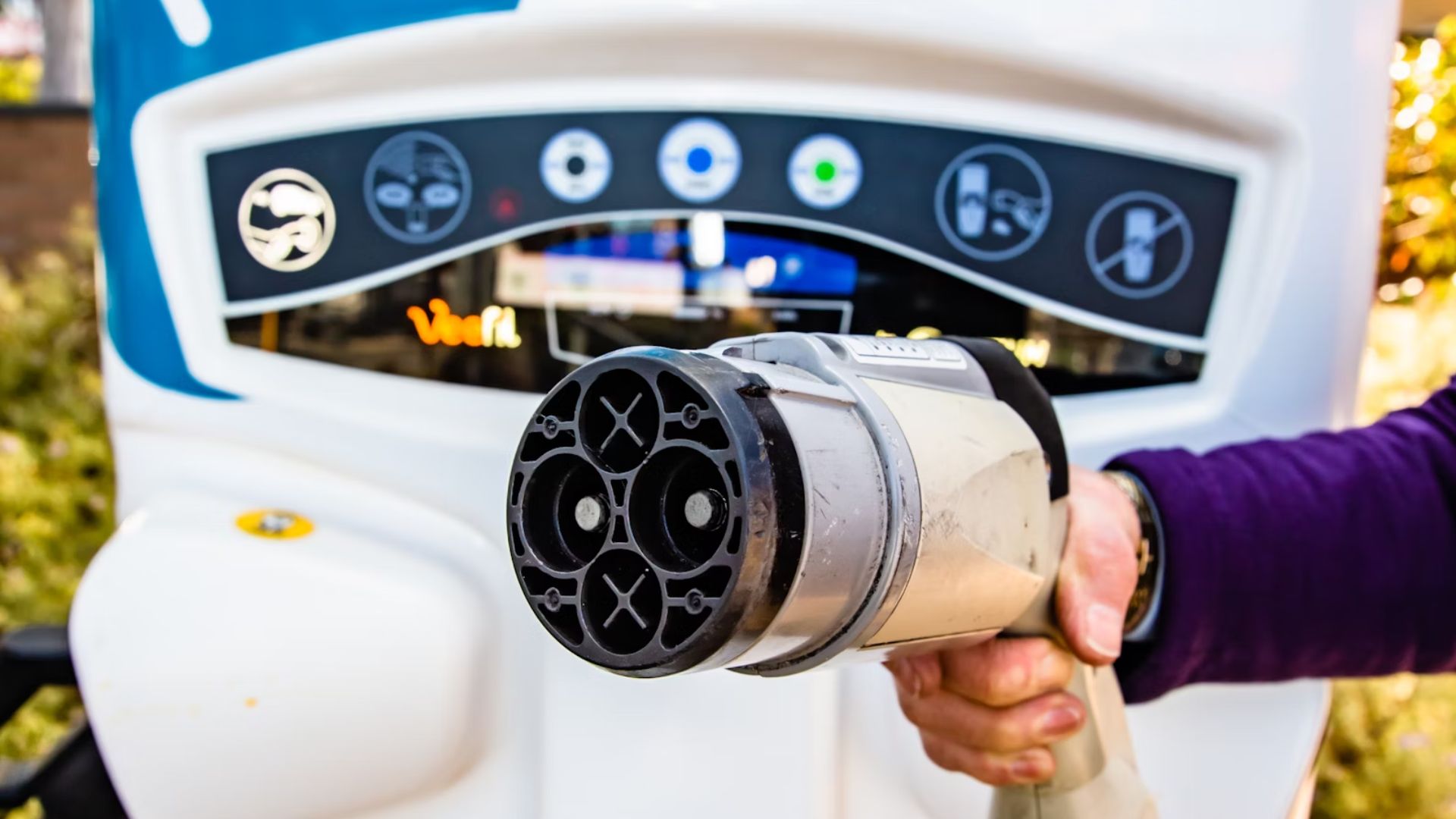
The Biden-Harris administration has pumped billions into electric vehicle infrastructure.
To reduce carbon emissions, Biden and Harris announced a $5 billion plan in 2022 to create a nationwide EV charger network. Congress also approved $7.5 billion for charging infrastructure as part of a bipartisan infrastructure law.
Pumping Dollars into EVs
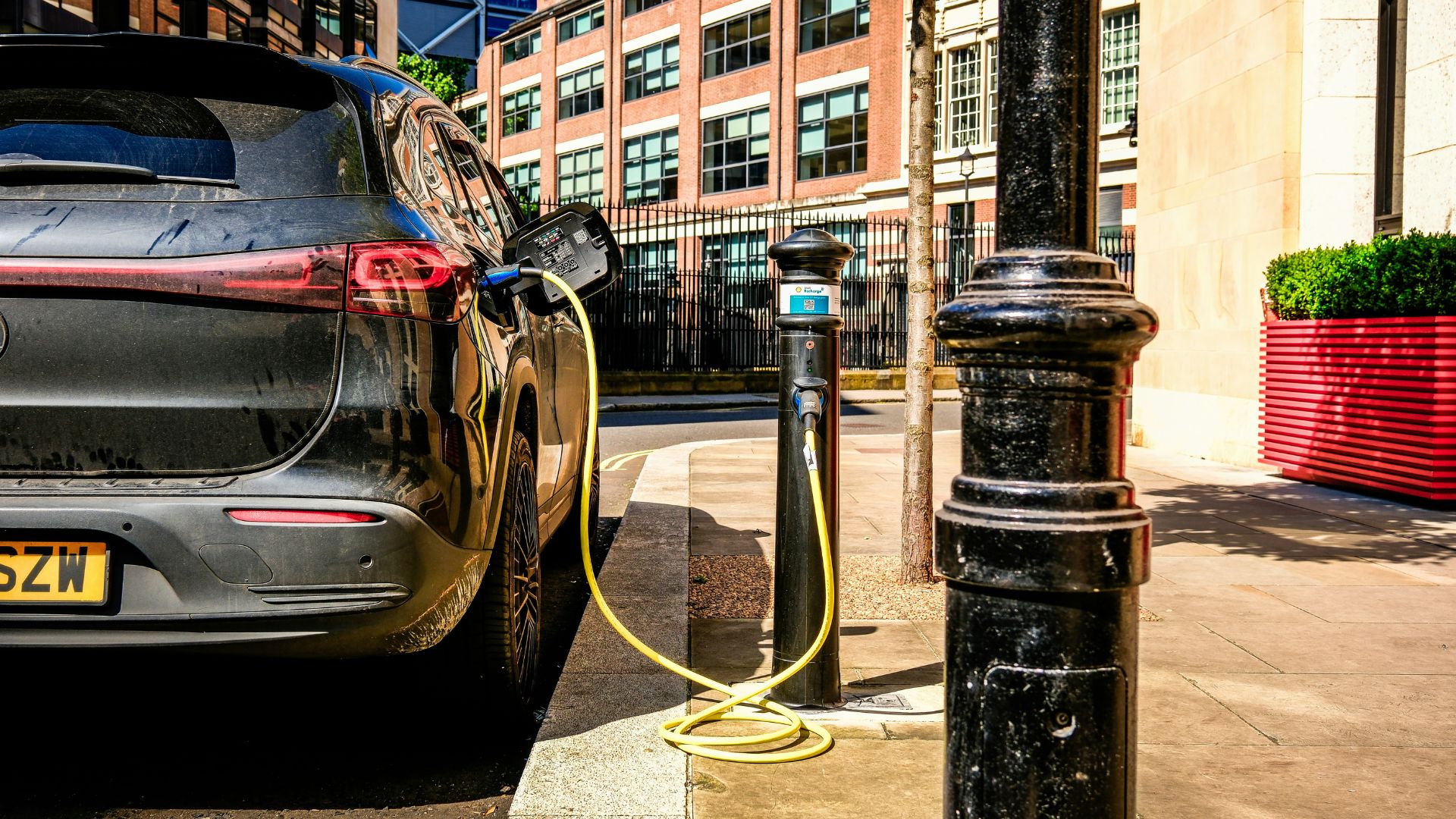
Despite automakers like Ford stepping back from electric vehicles, the government has invested a lot of money into expanding electric vehicle infrastructure.
The government recently announced an investment of $52 million in grants across 29 states to bolster the deployment of more than 9,200 EV charging ports.
An Ambitious Project
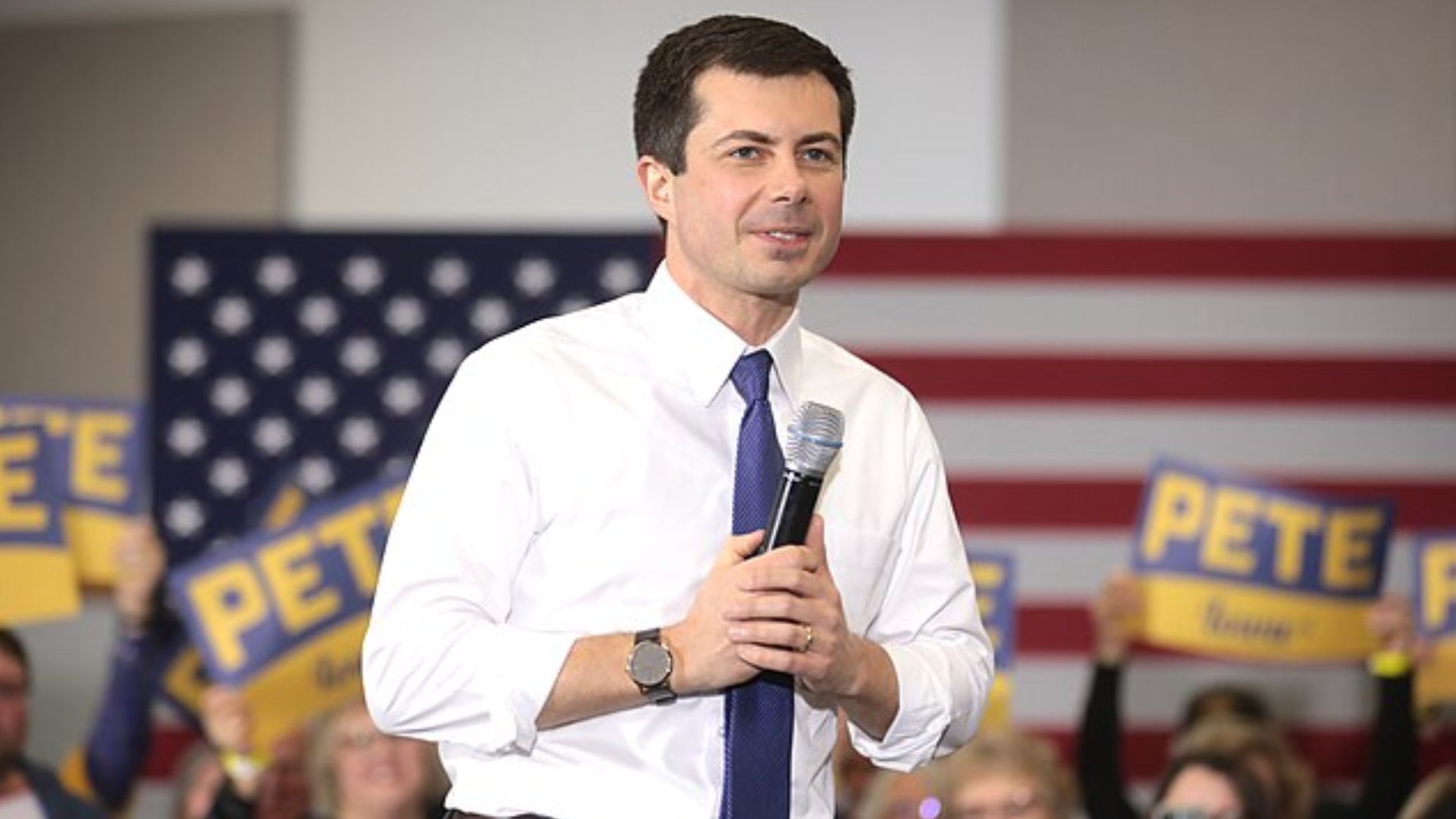
Buttigieg said the push for EV infrastructure will pay off in several different types of benefits in the future.
The Transportation Secretary said: “The awards that we’re announcing will build on this important work and will help ensure that the cost savings, health and climate benefits, and jobs of the EV future are secured for Americans across the country.”
Current Progress
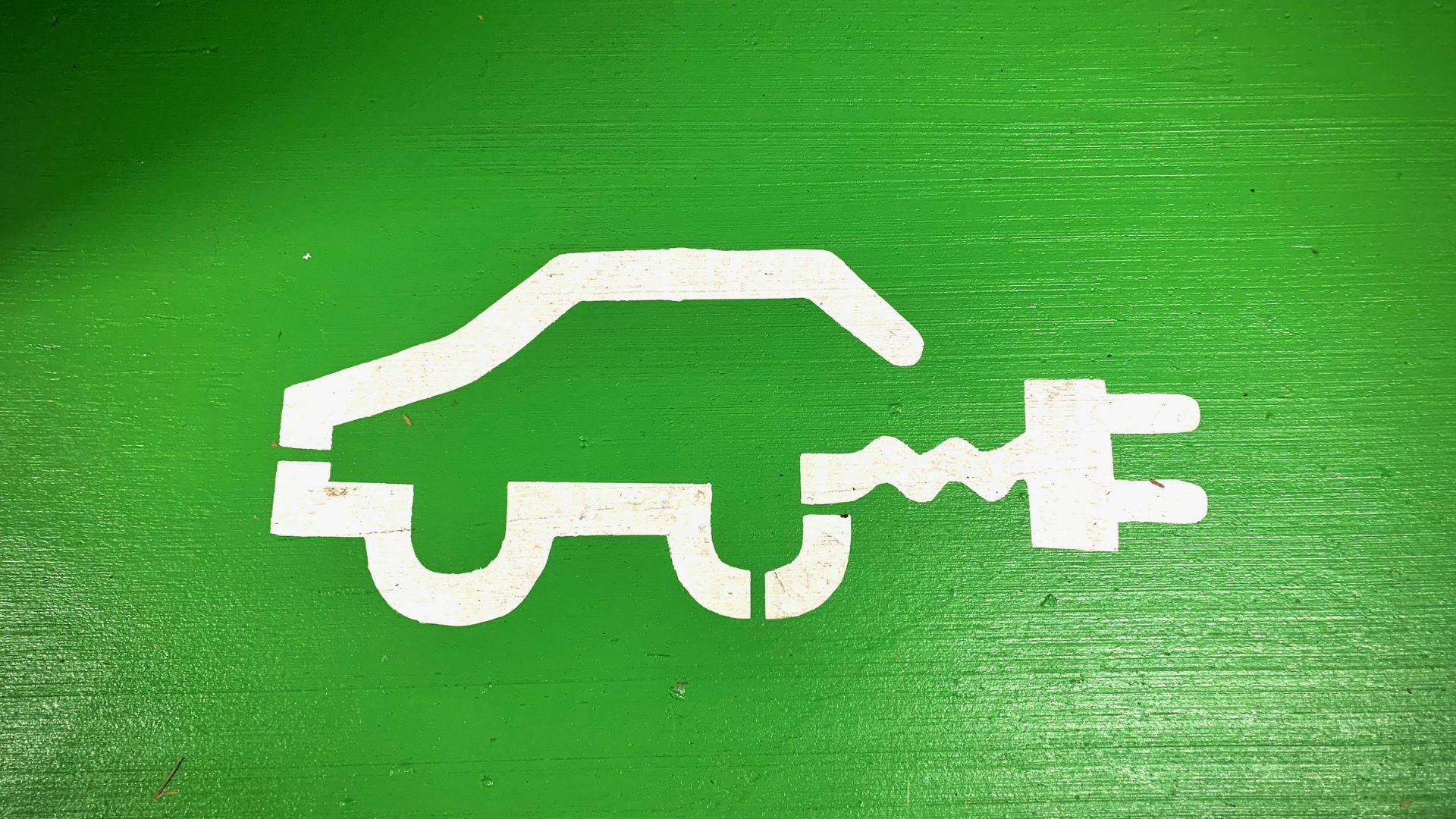
The U.S. has 192,000 public charging ports since the beginning of the Biden-Harris administration.
According to Reuters, the number of publicly available fast-charing ports has increased by 90%, as of August. FHWA said approximately 1,000 new public chargers are being added weekly.
Auto Execs Pump the Brakes on EV Hype
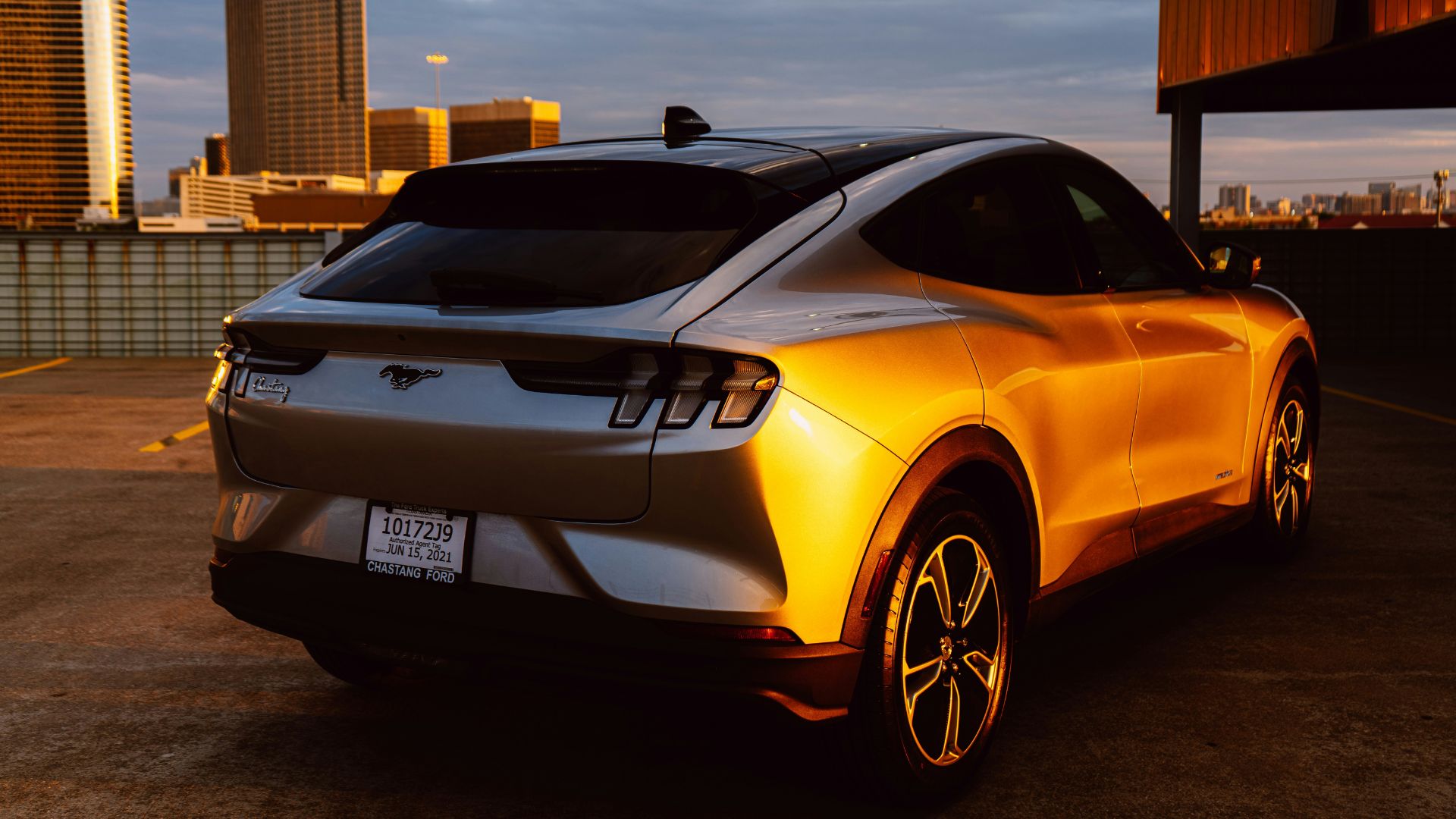
The industry’s rush towards electric vehicles has been met with skepticism from some corners.
Bob Lutz, a seasoned auto exec, told Fox Digital, “The problem with the whole EV movement is that there was a colossal amount of hype behind it.” He believes the EV push came too soon.
Ford Feels the Financial Strain
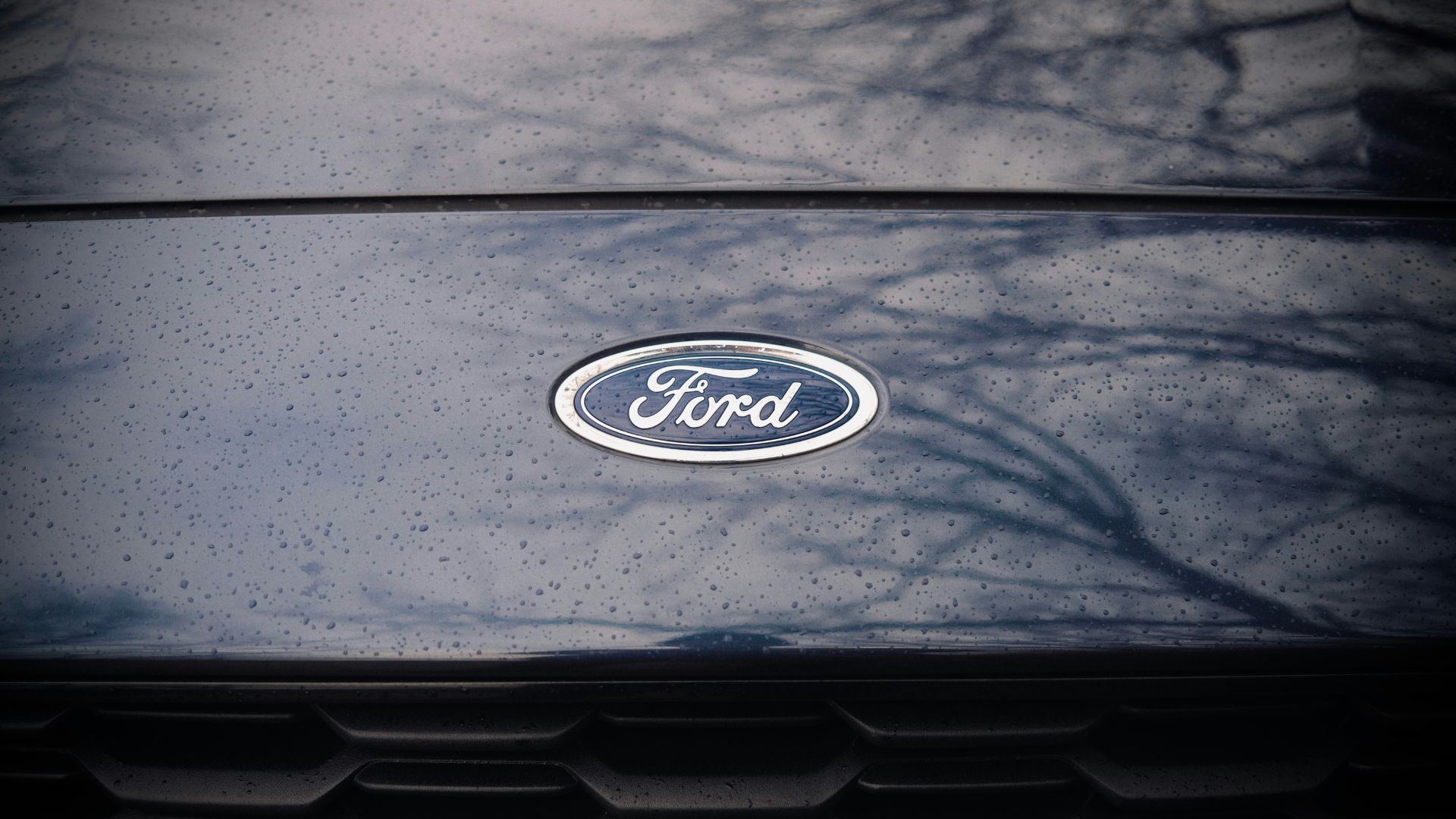
Ford’s foray into electric vehicles is proving costly, with the EV division, Ford Model e, reporting a staggering $4.7 billion loss last year.
These figures paint a stark picture of the financial hurdles automakers face as they navigate the transition to new vehicle technologies.
Continuous Losses
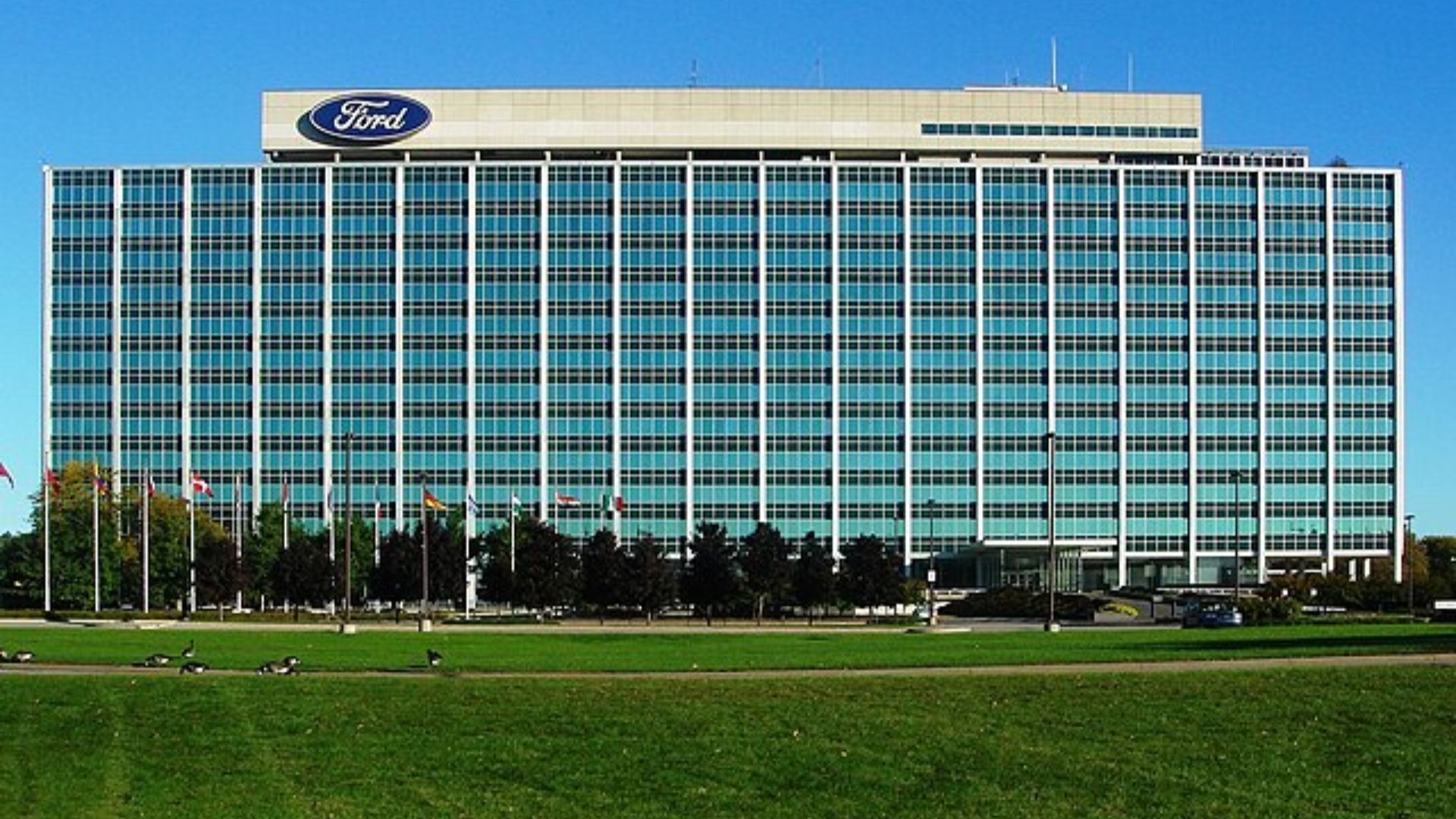
Ford’s current profits are not much better than the losses they faced last year.
In the first quarter of this year, losses soared to $1.3 billion. This amounts to a loss of £132,000 for each of the 10,000 vehicles it sold during this period.
Deployment Slowing Down
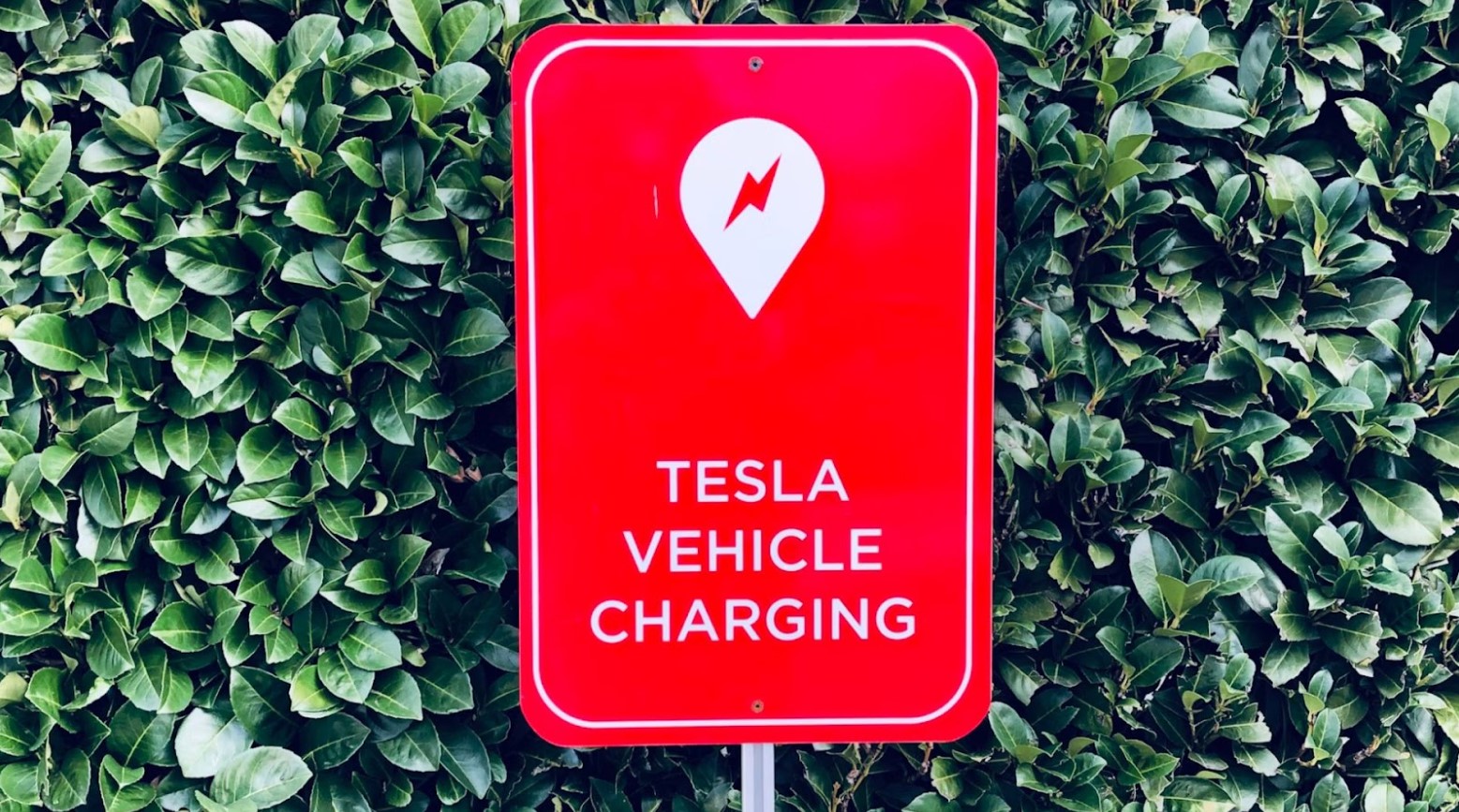
Despite the amount of money directed toward EV infrastructure, the deployment of charging stations and ports has dramatically slowed down.
In June, seven EV charging stations were installed under the 2021 U.S. program. These stations consisted of a few dozen charging ports, according to Shailen Bhatt, head of the Federal Highway Association.
The Political Battleground Over EVs
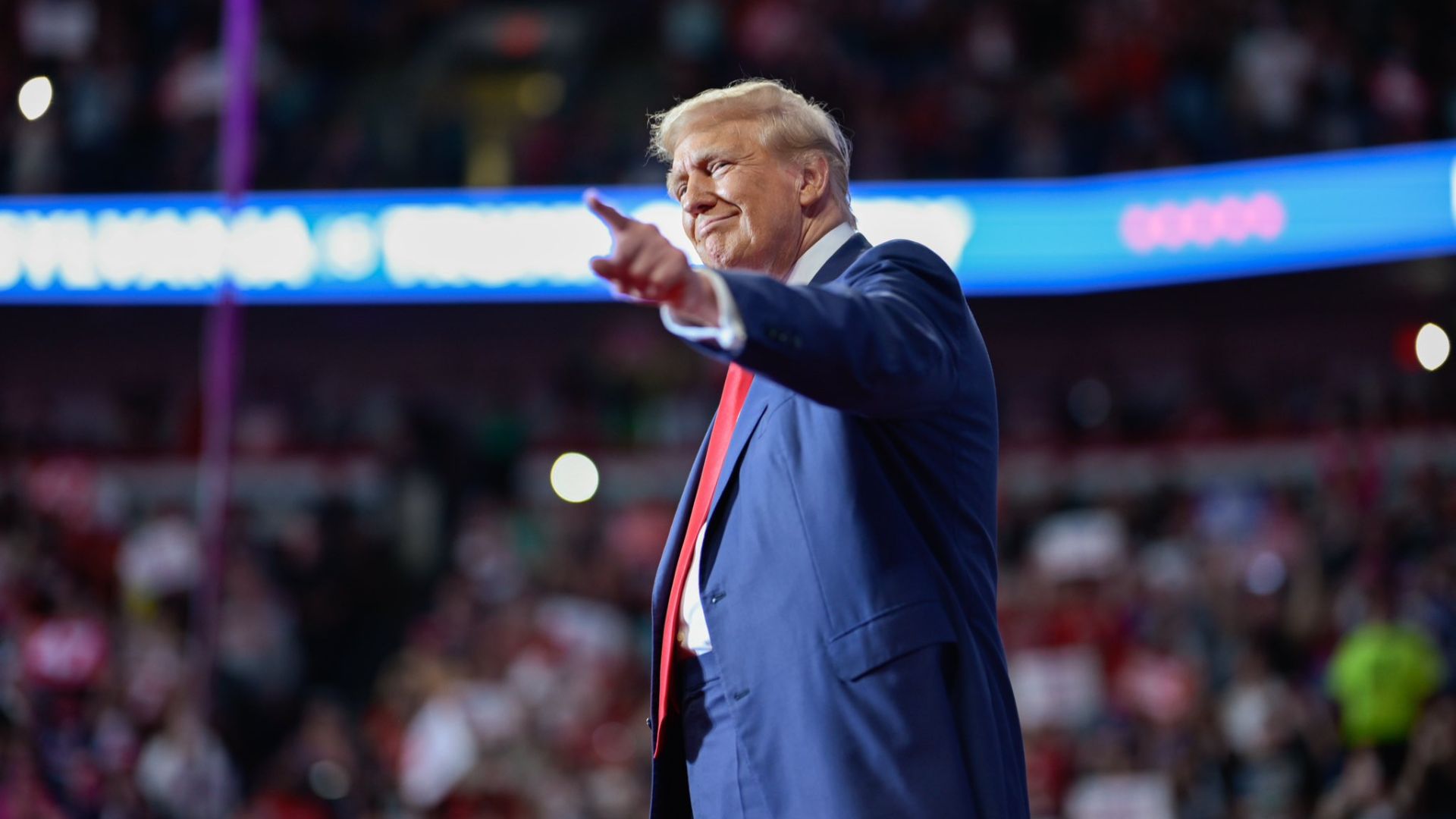
The debate over electric vehicle mandates is heating up.
Former President Trump has made clear his stance: “I will end the electric vehicle mandate on day one.” His bold declaration demonstrates the polarizing debate over the role of government in shaping the future of the auto industry.
Alternative Projects
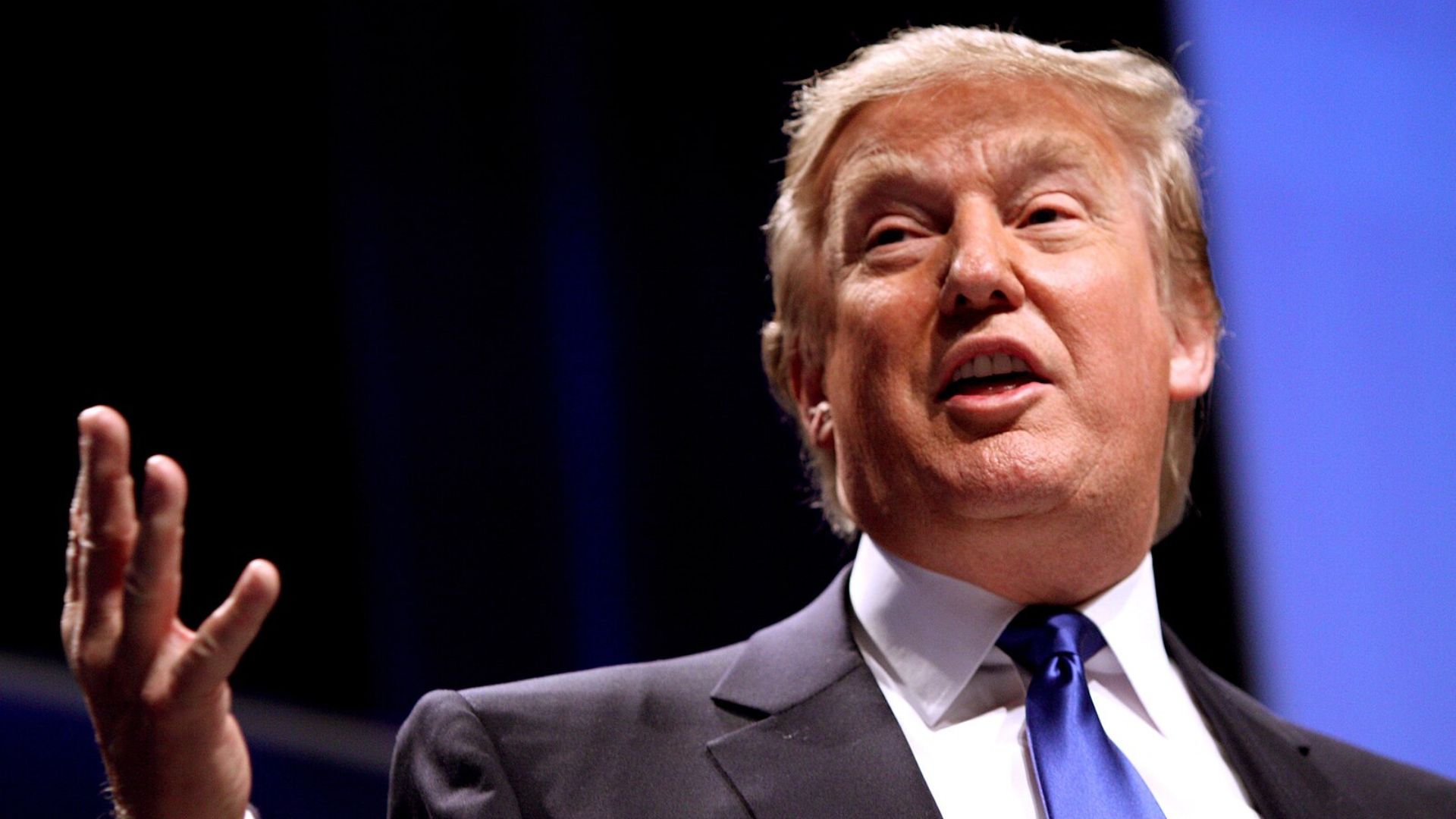
Trump has lambasted funding toward electric vehicle infrastructure as wasteful, tagging the move to sustainable transport as the “green new scam.”
Trump said he would direct the money for electric vehicles to projects like roads, bridges, and dams. He has not made clear how he would do this.
Handing Votes to Harris
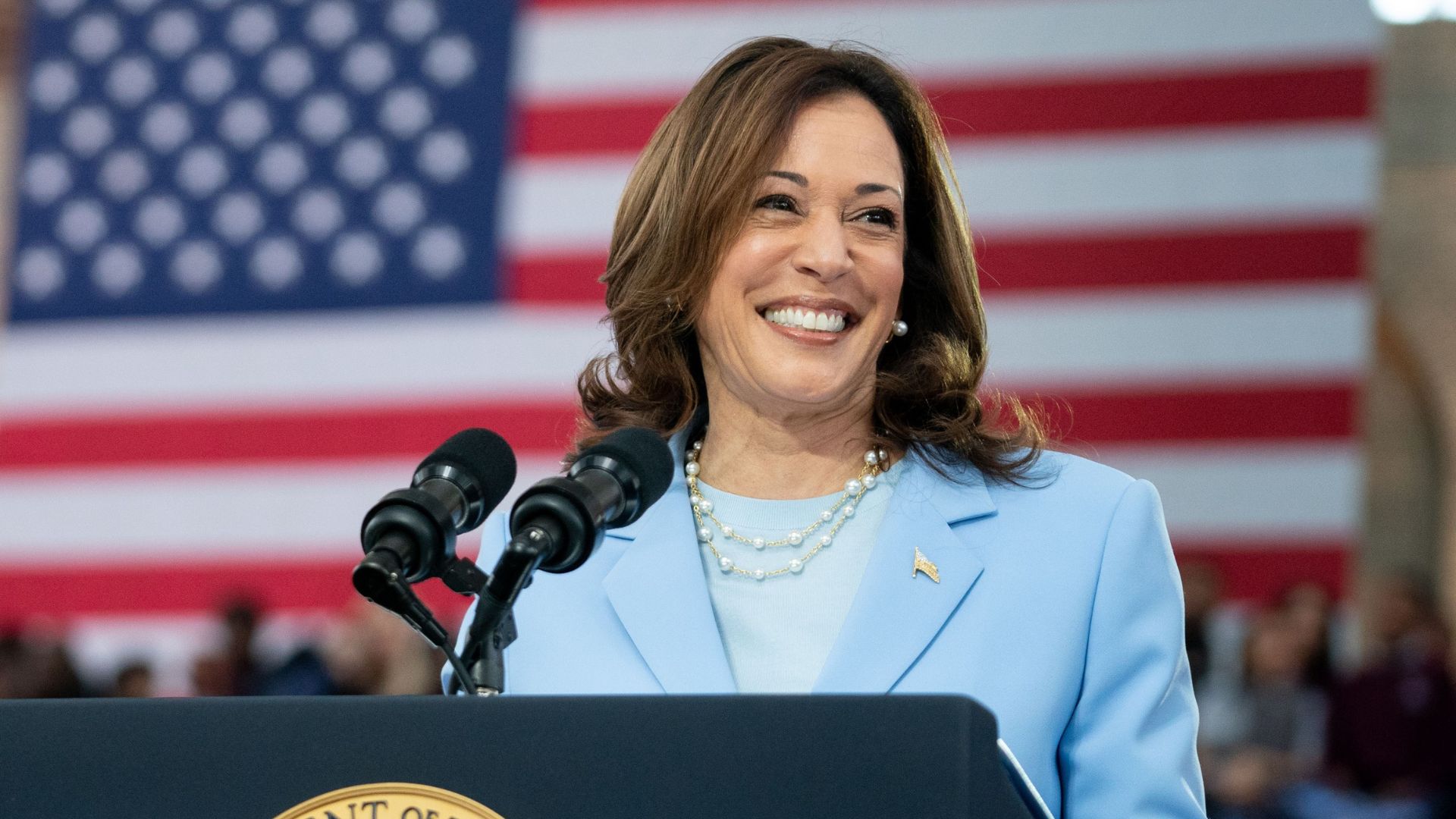
Trump’s opposition to heavy investment in EV infrastructure may be handing swing state votes over to Harris.
Former Republican strategist and CEO of the EV Politics Project, Mike Murphy, said: “Two-thirds of the Electoral College votes that will pick the president from five swing states are cast by big EV investment states. There are 30,000 new EV-manufacturing jobs in Michigan, 40,000 in Georgia, and they’re the best-kept secret in our economy now.”
Major Back-Peddling
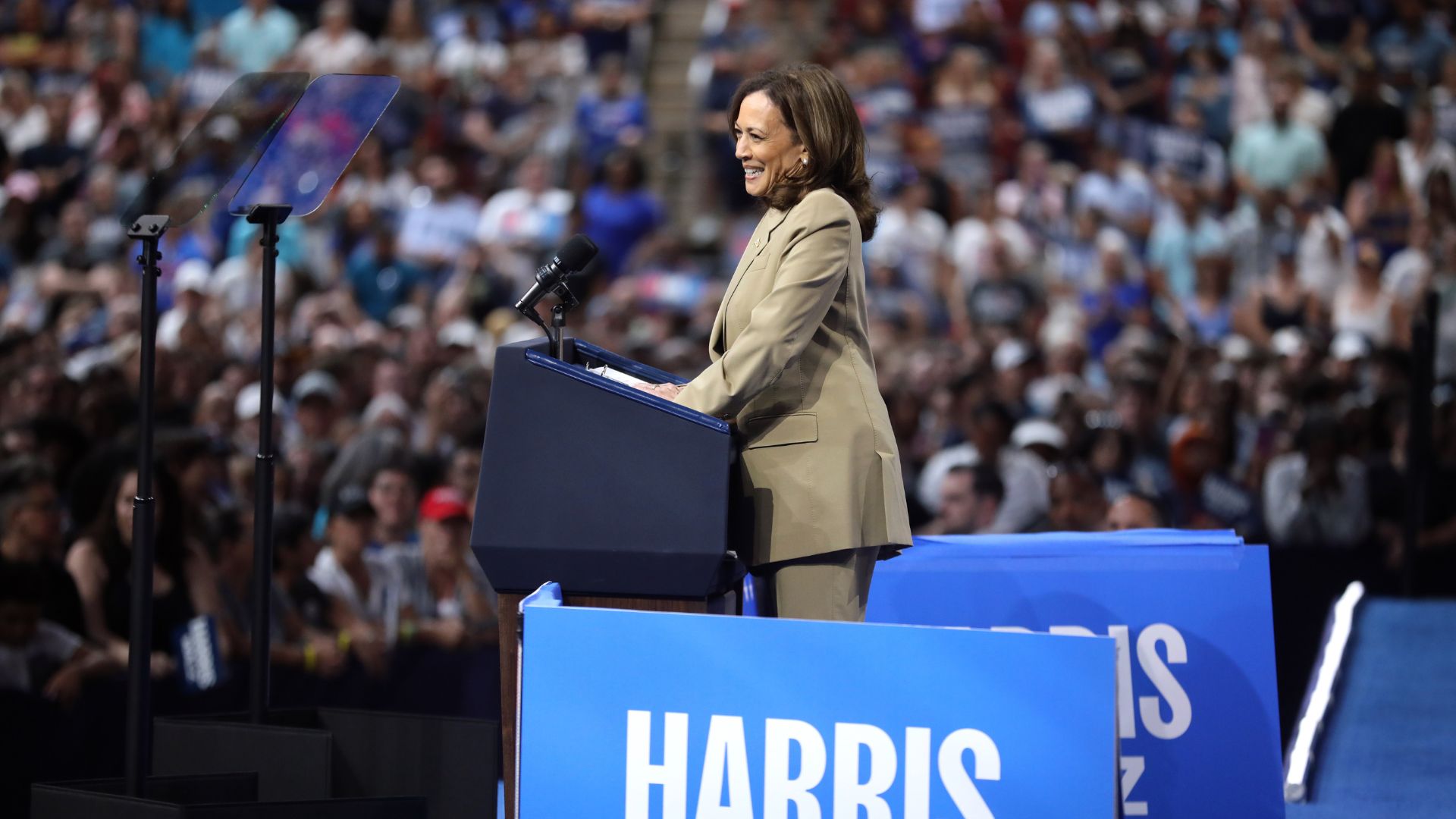
Electric vehicles are not the only topic that has caused concern throughout Harris’ campaign.
The VP has been accused of flip-flopping on several issues since joining the race against Trump. Support for Medicare for All, banning fracking, and legalizing illegal immigration have all been topics of contention as Harris tries to expand her voter base.
